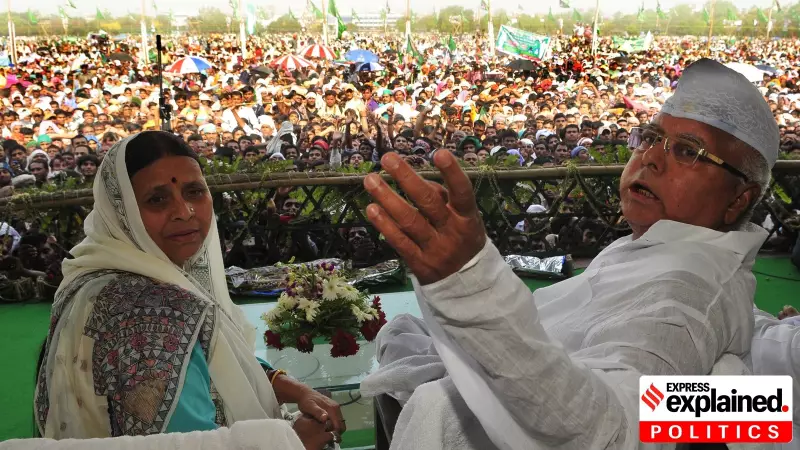
The term 'Jungle Raj' has become one of the most potent weapons in India's political arsenal, particularly when discussing law and order in Bihar. But where did this evocative phrase originate, and why does it continue to resonate in political discourse decades later?
The Birth of a Political Phenomenon
While many associate 'Jungle Raj' with contemporary politics, its roots stretch back to the early 2000s during the Rashtriya Janata Dal's (RJD) rule in Bihar. The phrase emerged as a powerful critique of the perceived breakdown of law and order, rising crime rates, and alleged governance failures during this period.
Prime Minister Narendra Modi, then a rising political star, popularized the term during the 2015 Bihar assembly elections. His characterization of the RJD-led government's tenure as 'Jungle Raj' struck a chord with voters who had experienced the era firsthand.
Why 'Jungle Raj' Struck Such a Nerve
The term's effectiveness lies in its visceral imagery. 'Jungle Raj' immediately conjures:
- Lawlessness and absence of governance
- Predatory criminal elements operating freely
- Citizens living in constant fear and insecurity
- Complete breakdown of administrative systems
This powerful framing made it an ideal political tool for contrasting competing visions of governance and security.
The Modern Political Battlefield
In recent years, 'Jungle Raj' has experienced a political resurgence. The BJP has repeatedly invoked the term to criticize opposition-ruled states, particularly as Bihar returned to RJD-led governance in 2022. The phrase now serves as:
- A warning against returning to past governance failures
- A benchmark for measuring current administration performance
- A rallying cry for voters concerned about safety and development
Beyond Bihar: A National Political Lexicon
What began as state-specific criticism has evolved into a national political vocabulary. Opposition parties now face the challenge of either defending against 'Jungle Raj' allegations or redefining the narrative around their governance records.
The enduring power of 'Jungle Raj' demonstrates how political terminology can shape public perception for generations. It remains a potent reminder of how governance failures can become defining political legacies that opposition parties must continually address.
As India heads toward crucial state and national elections, the ghost of 'Jungle Raj' continues to haunt political campaigns, serving as both a cautionary tale and a powerful rhetorical weapon in the battle for voter trust.





